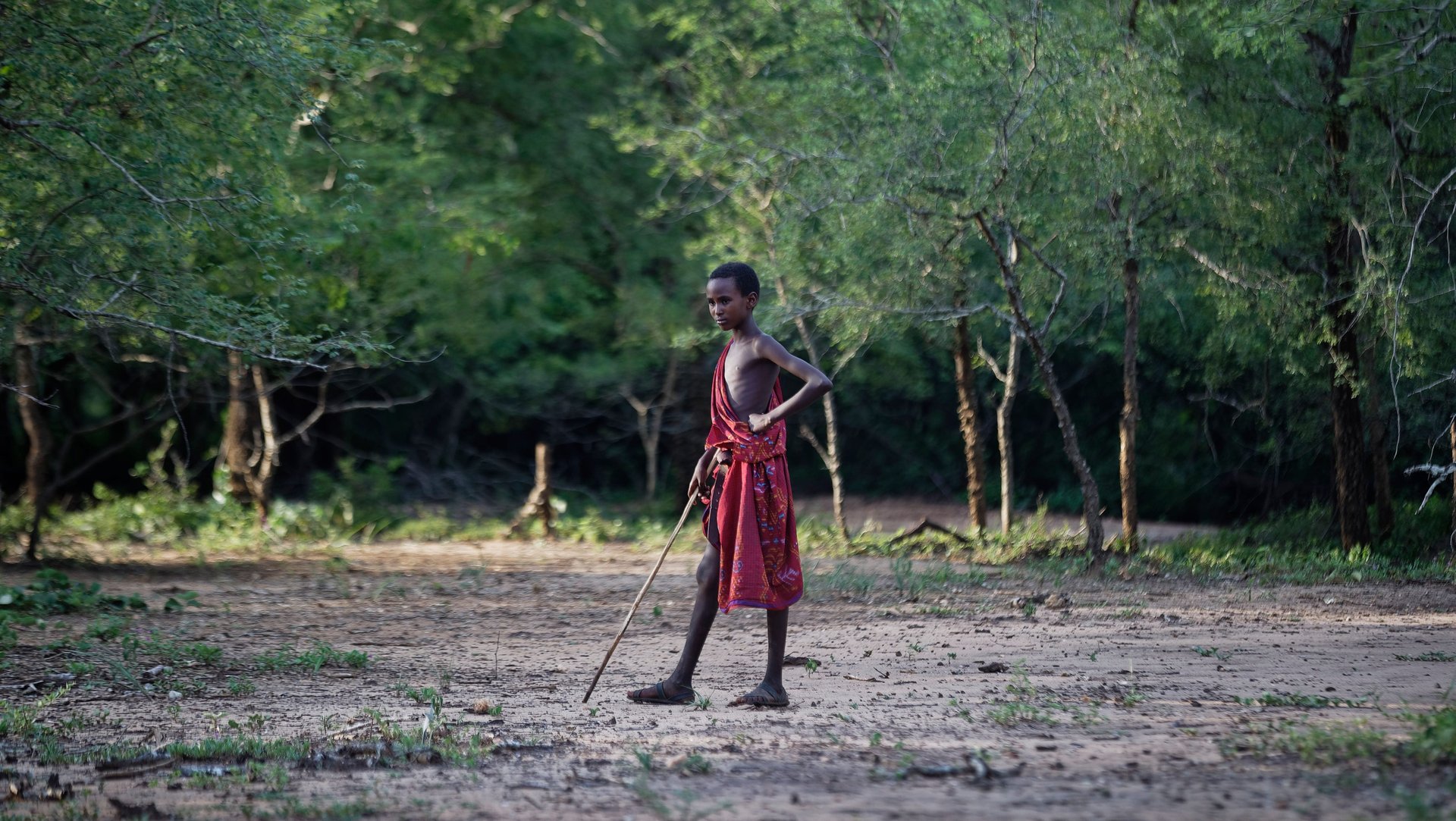Ecotourism is being used to displace one of East Africa’s long-standing indigenous people
Government officials and foreign companies in Tanzania are using ecotourism and conservation laws to displace indigenous Maasai people, evicting them and denying them access to watering holes and vital grazing for their livestock.


Government officials and foreign companies in Tanzania are using ecotourism and conservation laws to displace indigenous Maasai people, evicting them and denying them access to watering holes and vital grazing for their livestock.
A study from the US-based think tank Oakland Institute noted that tens of thousands of Maasai were left homeless in the past year after their homes in the Ngorongoro Crater sightseeing area were burnt to preserve the region’s ecosystem and attract more tourists. The report, based on field research and interviews with local community members, showed that villagers faced increasing violence, arrest, and death even as foreign investors and enterprises sought to profit off their stewardship.
The allegations of wrongdoings focused on two firms: Tanzania Conservation Limited, which is owned by the US-based Thomson Safaris, and Ortello Business Corporation, a luxury hunting company based in the United Arab Emirates with a close connection to the royal family. The two companies allegedly colluded with the government to intimidate the Maasai, beating them, confiscating their property, and at times shooting at them. The two companies have left behind a climate of fear so much so that young herders flee when they see vehicles approach thinking it might be the authorities or investors coming for them, the Oakland Institute report said.
For centuries, the Maasai, a semi-nomadic tribe that inhabits mostly Tanzania and Kenya, have moved their cattle with the seasons. But a series of conservation laws and land ordinances beginning from colonialism through post-independence and recent years have restricted their movements, and prohibited crop cultivation and livestock grazing in large tracts of their traditional land. The same is true of Kenya, where mismanagement of title deeds, corruption, growing privatization, increased droughts, and growing infrastructure projects has pushed the Maasai out of their land, creating tension and conflict.
Tanzania’s government gives out hunting licenses and concessions in order to finance anti-poaching activities—but the practice has sparked controversy with hunting groups ignoring or flouting conservation rules, and corrupt officials reportedly profiting from these deals.
The group’s colorful shawls and bright beads have also been appropriated by major fashion brands, sparking a debate about intellectual property and if and how they should be compensated.
In Tanzania, the land issue has received much attention from activists and researchers, but the controversy over land rights has only escalated even after former president Jakaya Kikwete promised the Maasai were never going to be evicted from their ancestral land.
“As areas have been deemed “protected” or transferred to new owners, the Maasai have been driven into smaller and smaller areas, creating a map of confinement that is as stifling and foreign to them as a zoo to a lion,” the report’s author’s Anuradha Mittal and Elizabeth Fraser, wrote.
Thomson Safaris has now rebuffed the allegations, telling the Associated Press they were “simply untrue.” But as tourism grows as an important foreign exchange earner in Tanzania, researchers say there’s fear that increasing safari and game park schemes will only force many more people out of their lands. As one Maasai villager expressed, “I know the next victim of tourism will be me. Moved, displaced, and evicted.”